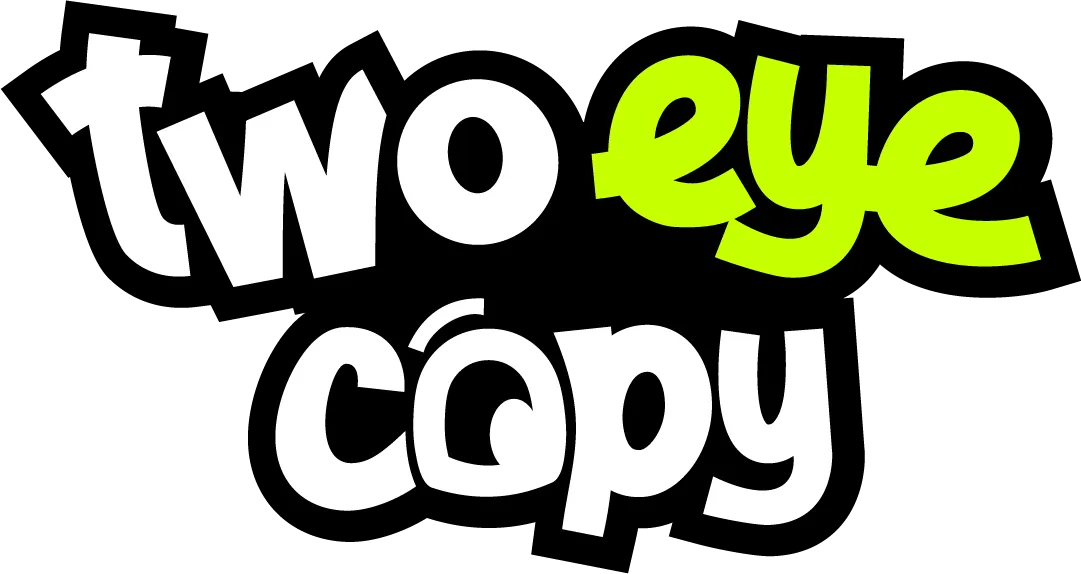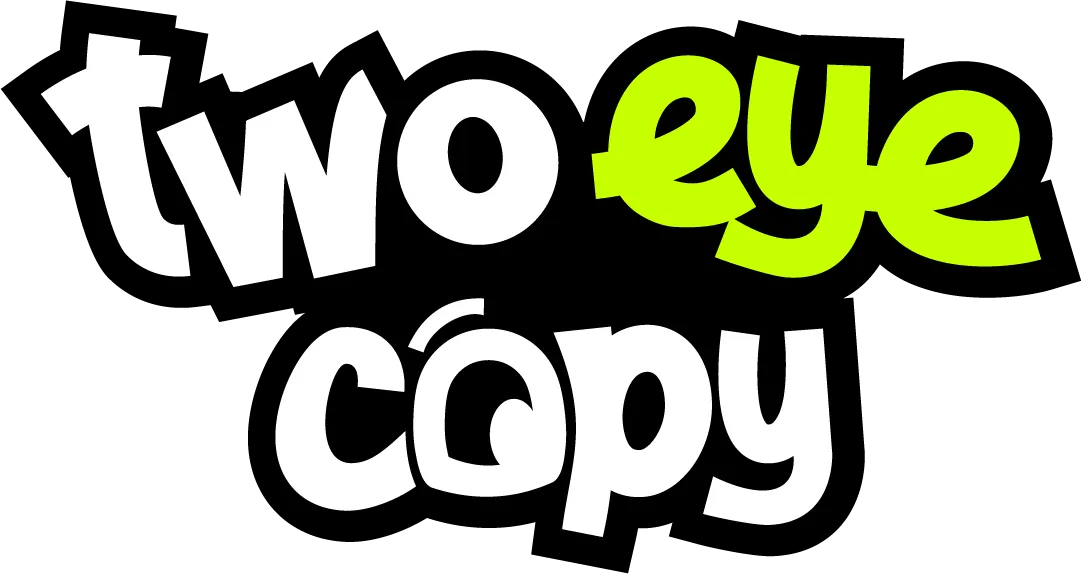

Pivoting from Corporate to Consulting
Ready to leave the corporate world behind and launch your own consulting practice? It’s so exciting you can barely contain yourself, right? Having the freedom to set your own hours, choose your clients, and shape your future on your terms. Woohoo!
But, thrilling as that vision is, unless you've already been doing some consulting and have a solid pipeline of clients already built, you've got some work to do. And that means establishing yourself as an authority in your field, crafting and building your unique brand, and getting comfortable doing it online.
Let’s break down how you can do that and set your consulting business up for success from day one.
1. Craft a Compelling Personal Brand
In the corporate world, your reputation might have been tied to a company name, but as a consultant, you are the brand. But this doesn't mean create a logo and pick out your fonts and colors. That comes later. First, define what you stand for. What unique perspective do you bring to the table? What makes your approach different? This isn’t just about listing your skills and experience—it's about capturing your essence and what you want to be known for. What kinds of clients will you take on, and what kinds will always be a no? You have to get really deep.
Once you've gone through this exercise, create a personal brand statement that encapsulates your value. It should be clear, concise, and resonate with your target audience. This will be the foundation of all your online communication, from your website copy to your social media profiles.
Not sure where to begin? I recommend the following framework to my clients: I am a _______ who works with _______. They want to achieve _______ but often struggle with ________. When they partner with me they get/accomplish ____________.
Keep it simple and make it specific. If you try to serve or speak to everyone you'll get nowhere. Make this your mantra: specificity sells.
Identify Your Core Brand Stories - this is crucial. You have three core brand stories: your founder story (how you got the result you are selling); your company story (why you started your business), and your service story (who you serve and how). These three stories are authority and trust builders. Your entire brand will be built on these foundational stories.
TIP: Your brand starts with YOU, so BE YOU. Don't compare yourself to other consultants in your space. Please don't mimic their boring and stuffy style or water yourself down. My business coach always told me: "Your true self will attract your true believer." She was dead right.
3. Build a Website That Speaks to Your Ideal Clients
Your website is your digital storefront, and first impressions matter. It also does more than just list your services—it should tell your story, showcase your expertise, and — most importantly — speak directly to the needs of your ideal clients.
Here’s what your website needs:
A clear value proposition on the homepage that instantly tells visitors what you do and how you can help them.
A detailed "About" page that shares your journey from corporate to consulting, emphasizing your experience and the unique value you bring to the table.
Service pages that outline your offerings, complete with testimonials or case studies that demonstrate your success.
A blog where you regularly share insights and advice that position you as a thought leader in your industry.
But here's the kicker: your website is not your resume. It's not just a place to list your credentials—it’s where potential clients decide if you’re the right fit for their needs. And that means writing everything for them. Every word on your site needs to answer the question "what's in it for me?" Needs to show them what result you can offer them. What problems you can solve for them. Help them see themselves in your stories, your testimonials, your offers. Even your "About" page isn't really about you – it has to feel like it's written just for them.
3. Create Lead Magnets to Grow Your Email List
Building an email list is crucial for staying top-of-mind with potential clients. How do you get people to hand over their email address? Offer a valuable resource—a lead magnet—in exchange for it. This could be an eBook, a checklist, a whitepaper, a mini-course or a webinar, tailored to the challenges your ideal clients face in achieving the result they seek.
For example, if you’re transitioning from a corporate HR role to HR consulting, you might create a guide titled “10 Common HR Mistakes Growing Companies Make—and How to Avoid Them.” Not only does this provide immediate value, but it also showcases your expertise.
4. Set Up and Optimize Your Email Marketing
Once you’ve got people on your list, don’t just let them sit there. Use email marketing to nurture these relationships. Create an automated email sequence that introduces you, shares valuable content, and guides subscribers toward a consultation or a call.
Your emails should reflect your brand voice—be professional yet approachable, knowledgeable but not overwhelming. And always, always provide value. The goal is to build trust and keep your audience engaged.
5. Leverage Social Proof and Client Testimonials
Nothing builds credibility like social proof. Once you start working with clients, gather testimonials and case studies that you can feature on your website and in your marketing materials. In the meantime, consider offering your services at a reduced rate to a few clients in exchange for a testimonial. You can also use testimonials from workshops and webinars you offer, to showcase the value you deliver to your audience.
Real-world examples show potential clients that you can deliver results, and they go a long way in building trust.
6. Get Visible: Speaking and Guest Appearances
To truly establish yourself as an authority, you need to be seen and heard. Speaking engagements and guest appearances on podcasts or at industry events can significantly boost your visibility and credibility.
Create a professional speaker sheet or press kit that outlines your expertise, speaking topics, and previous appearances. This makes it easier for event organizers and podcast hosts to see the value you can bring to their audience.
Tip: offer a freebie to the audience whenever + wherever you speak/appear. A 20-minute solution call, your lead magnet, something tailored to that audience and their needs. "You can find me at myconsultingsite dot com" doesn't cut it... it's a massively missed opportunity.
7. Consistency is Key
Building authority doesn’t happen overnight. It requires consistent effort—regularly updating your blog, engaging on social media, sending out emails, and seeking opportunities to share your expertise.
Set a schedule for your content and stick to it. The more you show up online, the more familiar and trustworthy you become to your audience. Studies show that people need an average of 11-17 touchpoints before they trust enough to buy. Especially high-ticket offers. So get out there and pound the proverbial pavement.
Conclusion
Transitioning from a corporate position to a solo consulting practice is a bold move, but with the right strategies, you can build a powerful online presence that establishes you as an authority in your field. Focus on crafting a strong personal brand, creating valuable content, and consistently engaging with your audience.
Remember, you’ve already built a successful career in the corporate world. Now, it’s time to leverage that experience, package it in a way that resonates online, and step confidently into your new role as a consultant. With these steps, you’ll not only transition smoothly but thrive in your new venture.
Ready to take the plunge? If you need help crafting compelling web copy and lead magnets, or setting up your email marketing, let’s chat. I specialize in helping corporate leaVers like you build authority online, so you can start attracting your ideal clients right away.
Grow your email list with integrity (and a juicy lead magnet!)
Grab this free 5-day mini course today!
Yes! By signing up for this mini-course I understand I will get occasional, ick-free emails from Two Eye Copy to help me keep growing my email list and business!


